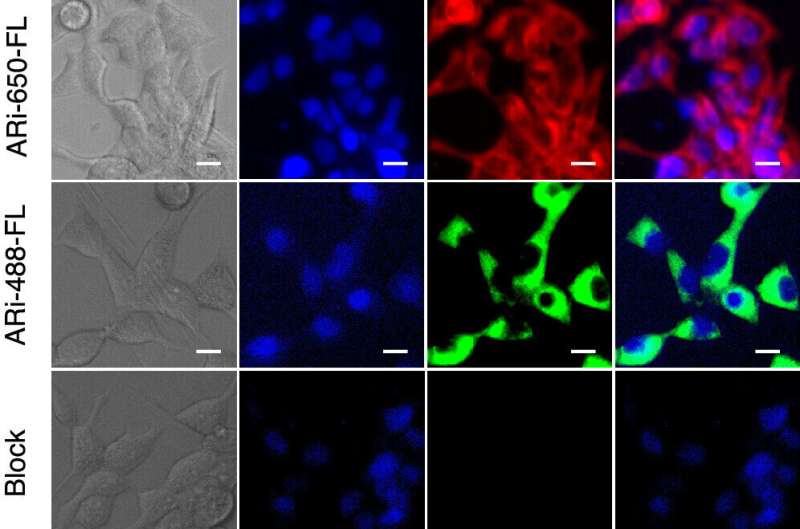WSU School of Medicine Assistant Professor of Oncology Sheryl Roberts, Ph.D., a member of the Karmanos Molecular Therapeutics Program, is the principal investigator on the study.
The National Cancer Institute lists prostate cancer as the most common cancer and the second-leading cause of cancer death among men in the United States. The institute estimates prostate cancer will make up 15.4% of all new cancer cases in 2025.
“Certain hormone receptors in the body can drive cancer growth,” Dr. Roberts said.
Her research focuses broadly on developing tools that either block or eliminate these hormone receptors, including the androgen receptor.

